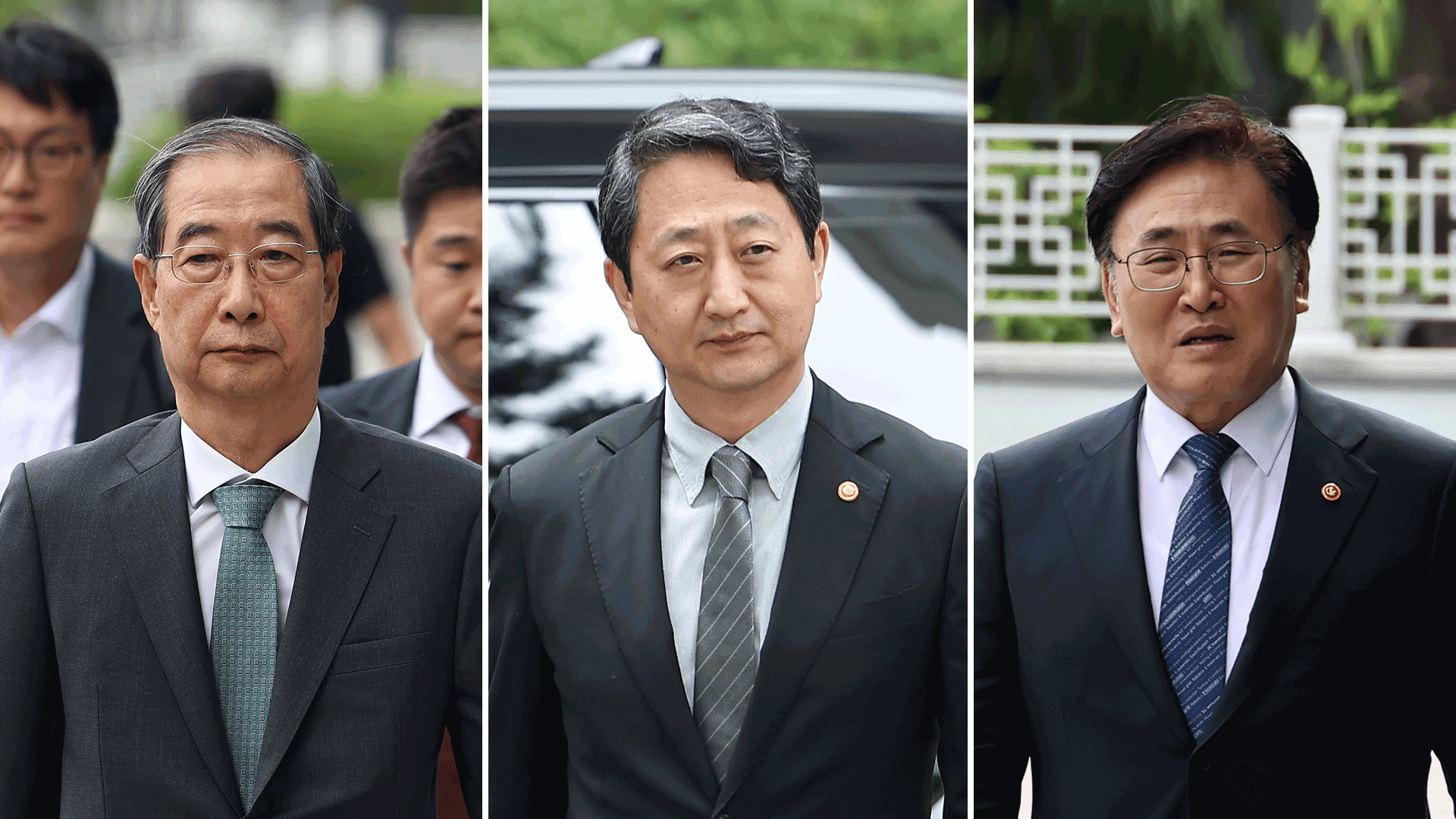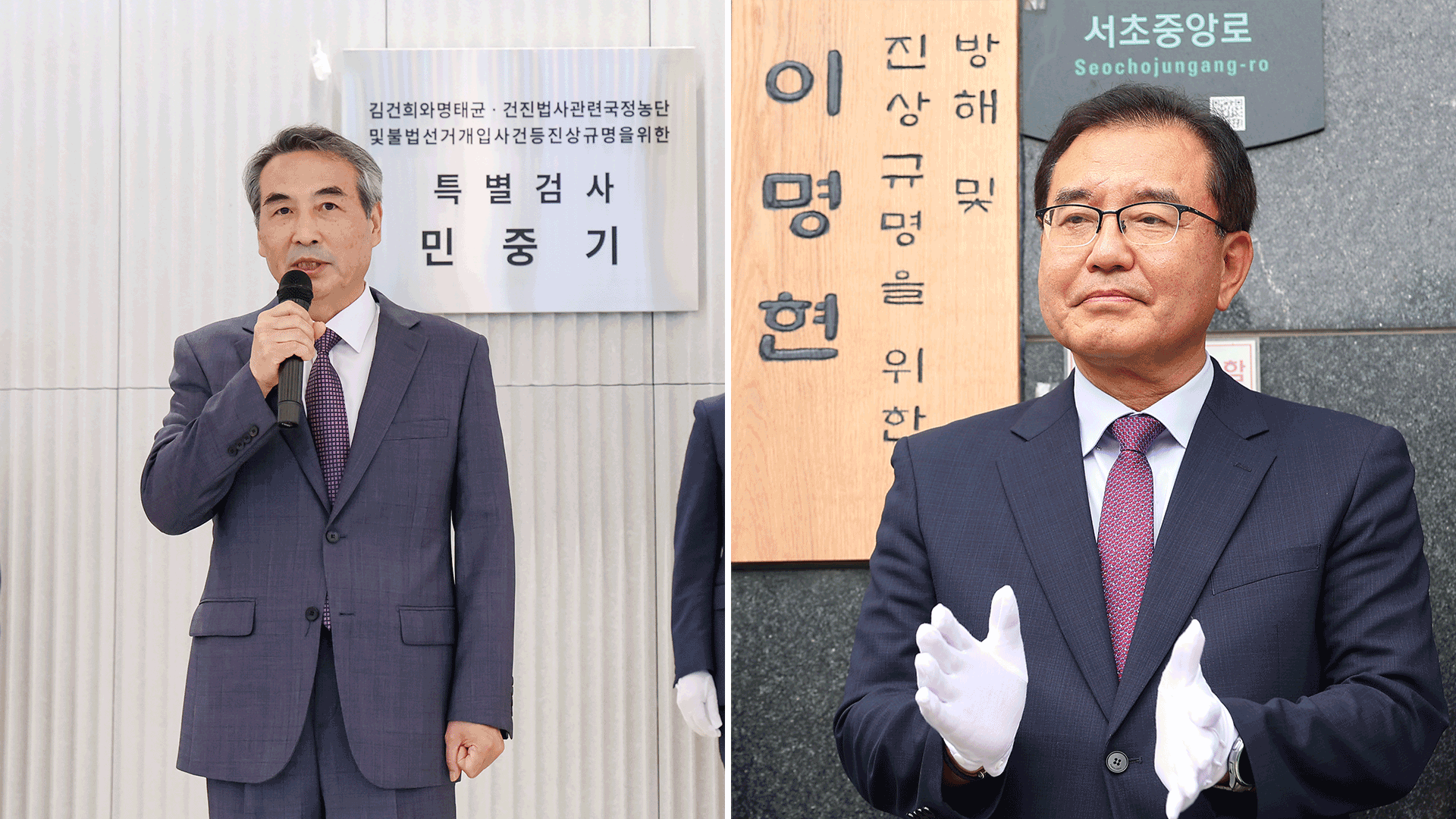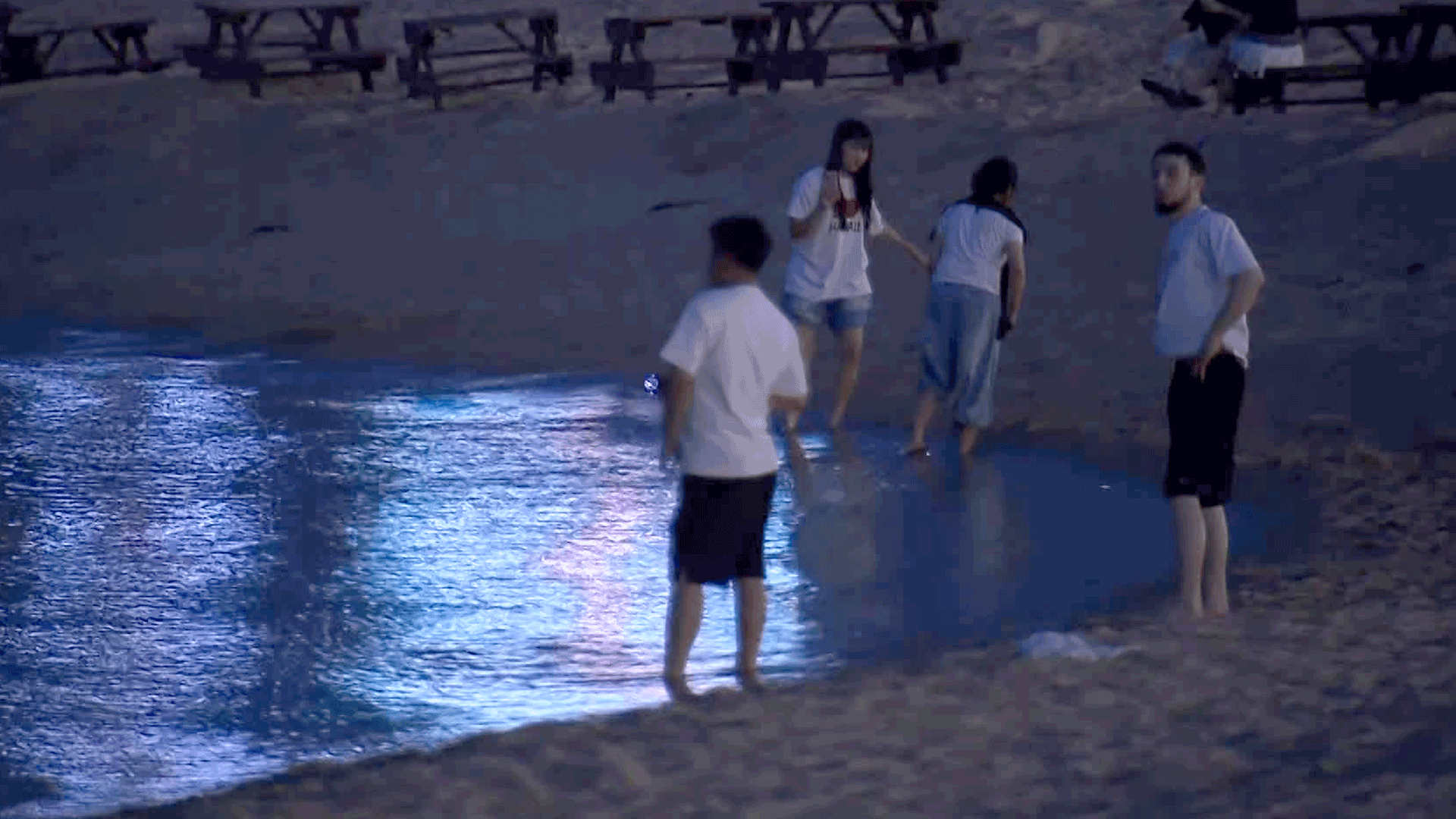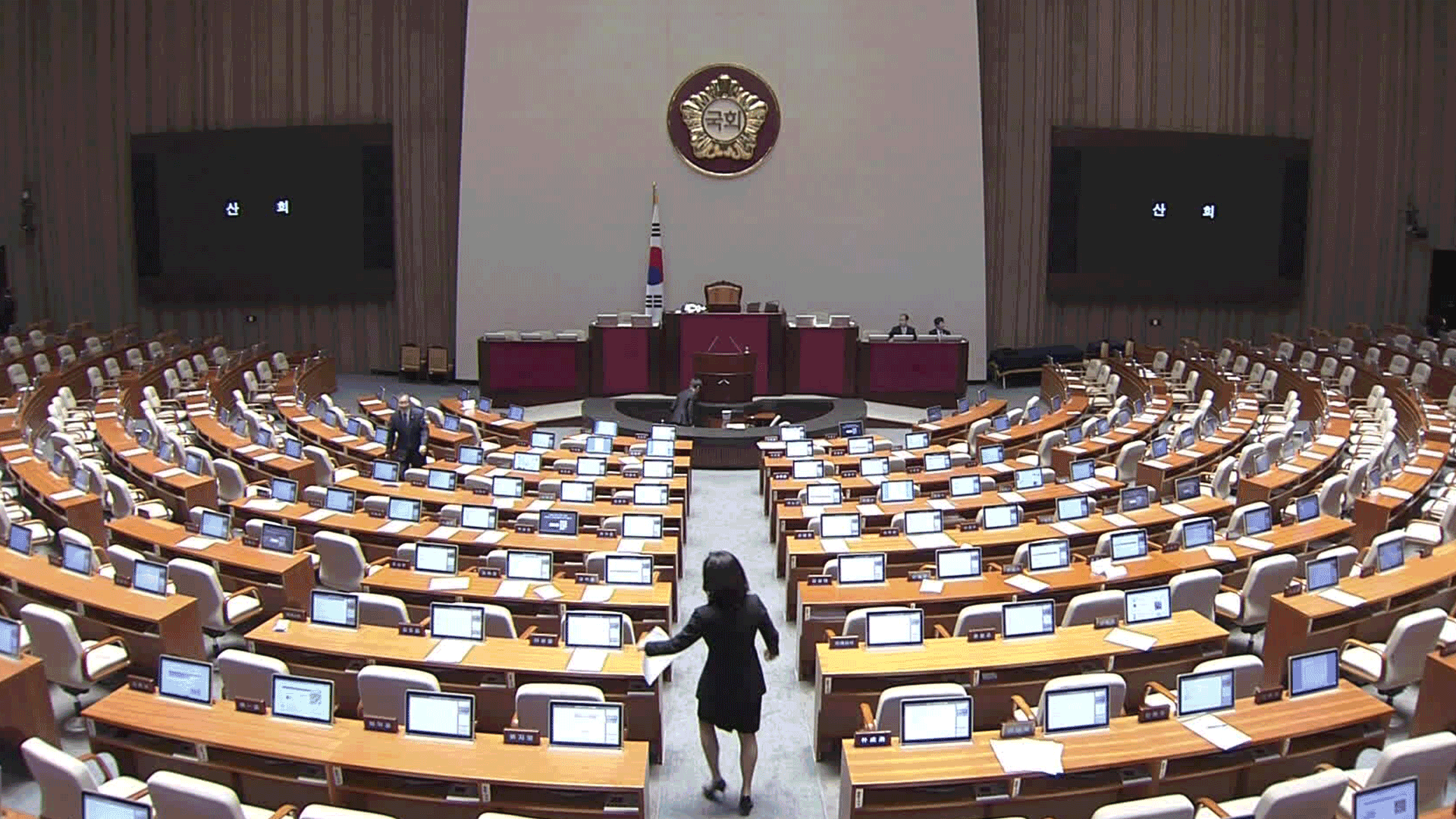[News Today] COURT RULING ON GRAVE DESECRATION
입력 2024.10.30 (18:28)
수정 2024.10.30 (18:30)
읽어주기 기능은 크롬기반의
브라우저에서만 사용하실 수 있습니다.
[LEAD]
The Supreme Court ruled that cremating remains without the chief mourner's consent, such as the eldest son, is 'grave desecration.' The court cited that managing and disposing of human remains must be performed at the consent of the person who holds ancestral rites.
[REPORT]
The Supreme Court has ruled that excavating graves and disposing of remains without permission from the relative who takes care of a given grave or has the right to decide what to do with it is an act of grave desecration [grave site vandalism].
The court has dismissed the original sentence of four months in jail suspended for one year for excavating and damaging ancestors' remains, and sent the case back to the Daejeon District Court.
The convicted person excavated the graves of his great grandfather and grandparents and cremated their remains without consulting with his relatives including the family's eldest grandson, who holds ancestral worship rites, when selling a plot of land with his ancestors' remains in 2020.
The first and second trials found the man guilty of excavating his ancestors' graves, but not guilty of damaging their remains.
The verdicts said as long as the remains were enshrined in line with proper religious procedures and customs with all respects, it would be difficult to rule that the remains were vandalized.
However, the Supreme Court's ruling was different.
The judges said managing and disposing of human remains must be performed at the consent of the person who holds ancestral rites.
They said that physically modifying and damaging remains without consent must be viewed as an act of vandalism that hurts grieving emotions.
The Supreme Court said the original verdict, which dismissed vandalism due to the mere fact that the remains were enshrined in line with a legitimate cremation procedure, misinterpreted the law, and that it should be annulled and the case must be deliberated from scratch.
■ 제보하기
▷ 카카오톡 : 'KBS제보' 검색, 채널 추가
▷ 전화 : 02-781-1234, 4444
▷ 이메일 : kbs1234@kbs.co.kr
▷ 유튜브, 네이버, 카카오에서도 KBS뉴스를 구독해주세요!
- [News Today] COURT RULING ON GRAVE DESECRATION
-
- 입력 2024-10-30 18:28:04
- 수정2024-10-30 18:30:33
[LEAD]
The Supreme Court ruled that cremating remains without the chief mourner's consent, such as the eldest son, is 'grave desecration.' The court cited that managing and disposing of human remains must be performed at the consent of the person who holds ancestral rites.
[REPORT]
The Supreme Court has ruled that excavating graves and disposing of remains without permission from the relative who takes care of a given grave or has the right to decide what to do with it is an act of grave desecration [grave site vandalism].
The court has dismissed the original sentence of four months in jail suspended for one year for excavating and damaging ancestors' remains, and sent the case back to the Daejeon District Court.
The convicted person excavated the graves of his great grandfather and grandparents and cremated their remains without consulting with his relatives including the family's eldest grandson, who holds ancestral worship rites, when selling a plot of land with his ancestors' remains in 2020.
The first and second trials found the man guilty of excavating his ancestors' graves, but not guilty of damaging their remains.
The verdicts said as long as the remains were enshrined in line with proper religious procedures and customs with all respects, it would be difficult to rule that the remains were vandalized.
However, the Supreme Court's ruling was different.
The judges said managing and disposing of human remains must be performed at the consent of the person who holds ancestral rites.
They said that physically modifying and damaging remains without consent must be viewed as an act of vandalism that hurts grieving emotions.
The Supreme Court said the original verdict, which dismissed vandalism due to the mere fact that the remains were enshrined in line with a legitimate cremation procedure, misinterpreted the law, and that it should be annulled and the case must be deliberated from scratch.
이 기사가 좋으셨다면
-
좋아요
0
-
응원해요
0
-
후속 원해요
0















이 기사에 대한 의견을 남겨주세요.